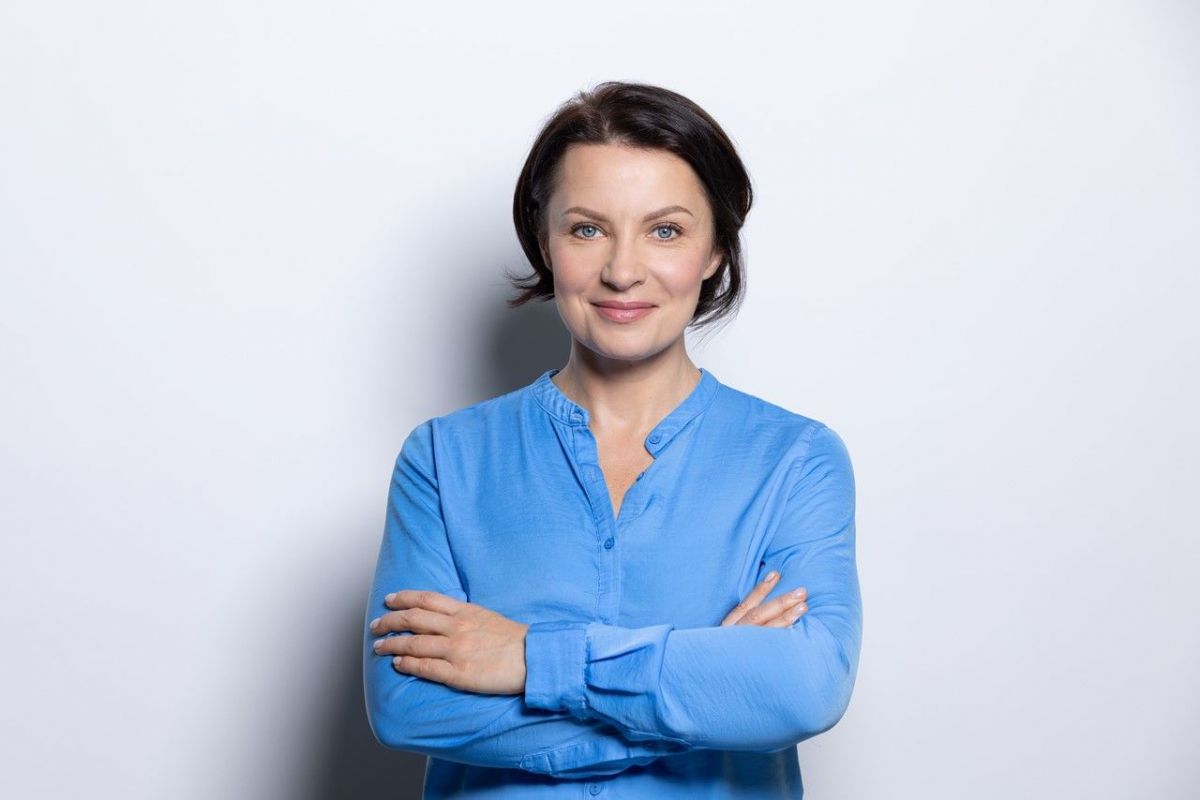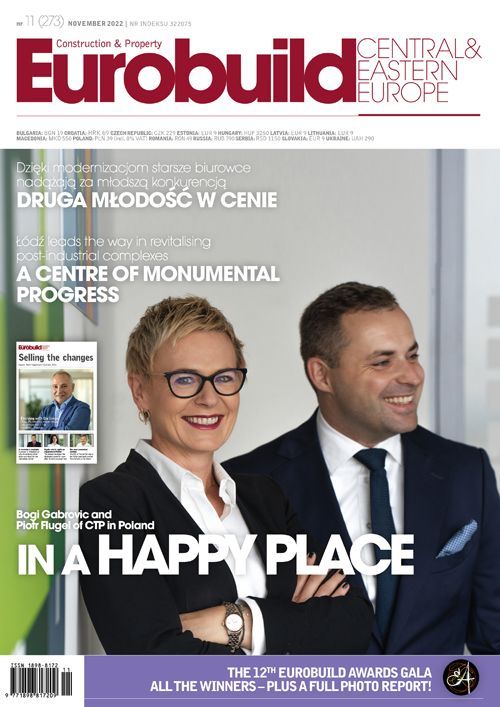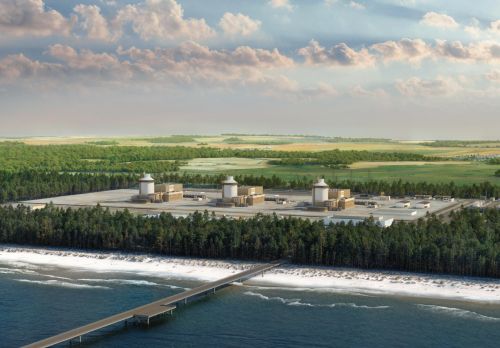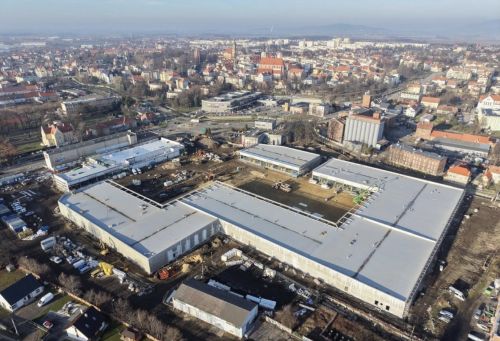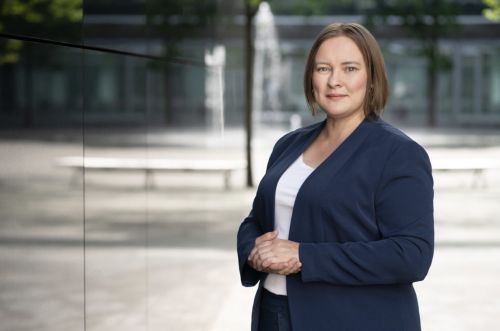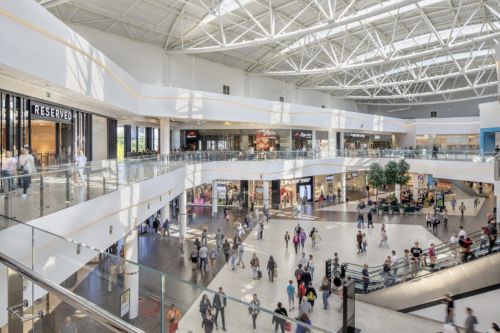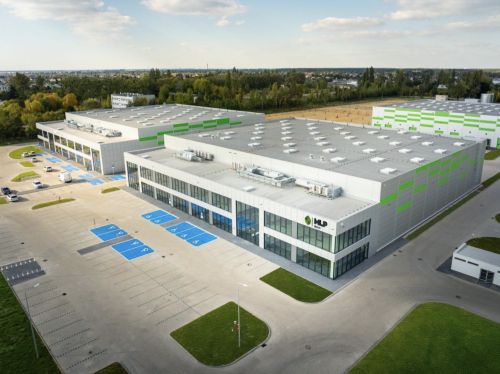You’ve just been made the head of a new department. Why was it created?
Joanna Mroczek, head of strategic consultancy and CEE research, CBRE: For sure, because of the new situation that our sector and the whole world is now faced with. For starters, there’s the fact that the crises we currently have to contend with are forcing companies to change. The entire present situation could actually be characterised as one huge change. And for investors, tenants and suppliers, these are difficulties that they have never previously experienced. In fact, no one has – so nobody knows what the outcome is going to be. More questions arise all the time and so more data is needed to help people make the right decisions. Real estate firms are focused on investment, leasing and transactions, so they require comprehensive information from their advisors, and since we have the relevant data we can draw conclusions from it. We are not only able to advise on transactions, draw up contracts and analys
